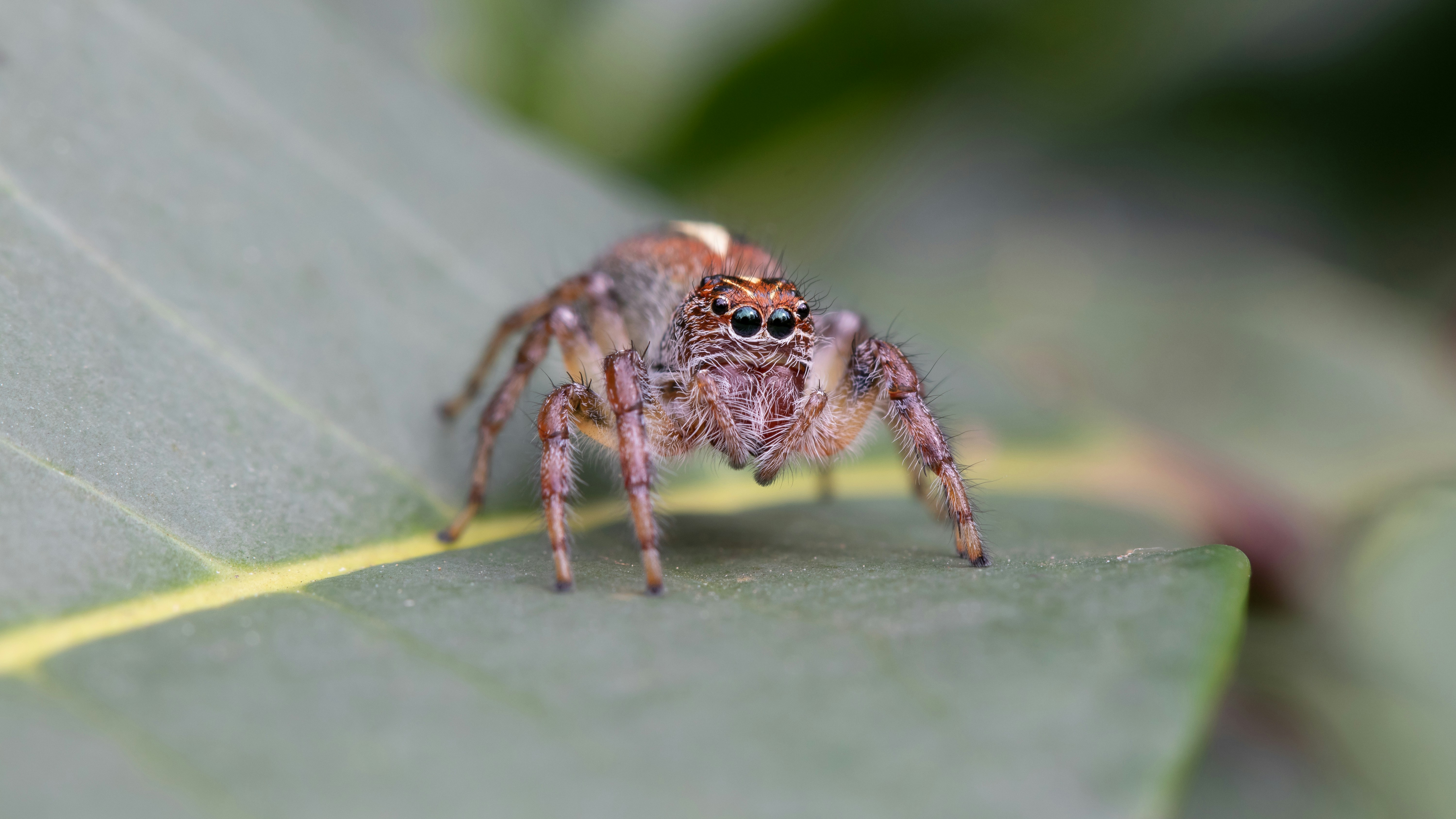News release
From:
- Natural born killers – Naturally-occurring predators can be an effective alternative to pesticides for protecting crops. This meta-analysis found that resident predators in crop systems reduced pest populations by an average of 73% and increased crop yield by 25%. Large scale implementation of biological control could potentially become an important part of pest control, increasing food production and minimising global hunger. Proceedings B
Predators control pests and increase yield across crop types and climates: a meta-analysis
Proceedings of the Royal Society B: Biological Sciences
Summary: Pesticides have well-documented negative consequences to control crop pests, and natural predators are alternatives and can provide pest control. Here, we performed a meta-analysis focused on field studies with natural predators to explore whether and how predators might control pests and in turn increase yield. Predators reduced pest populations by 73% on average, and increased crop yield by 25% on average. Surprisingly, the impact of predators did not depend on whether there were many or a single predator species. Precipitation seasonality was a key climatic influence on biological control: as seasonality increased, the impact of predators on pest populations increased.



 International
International



